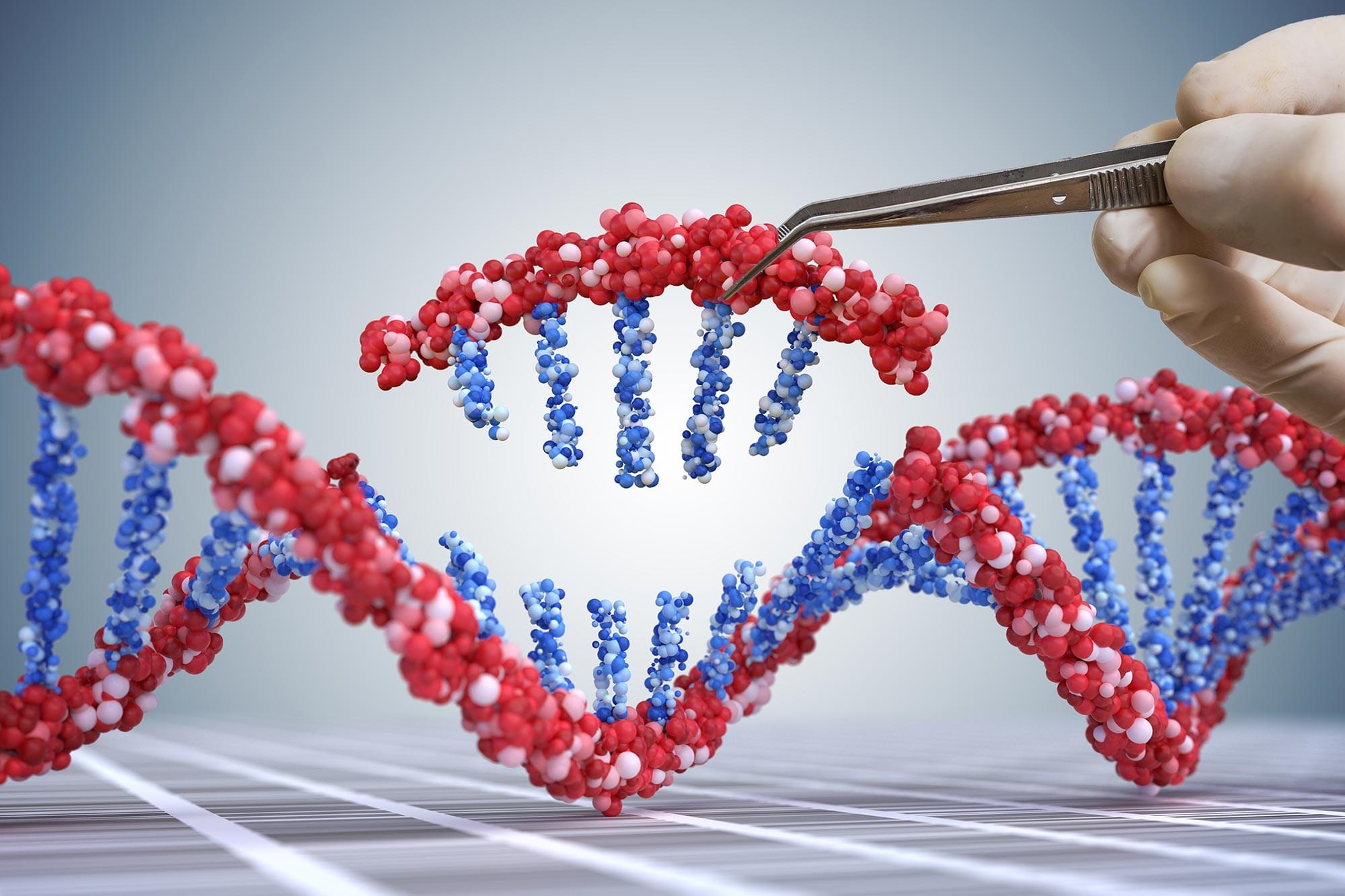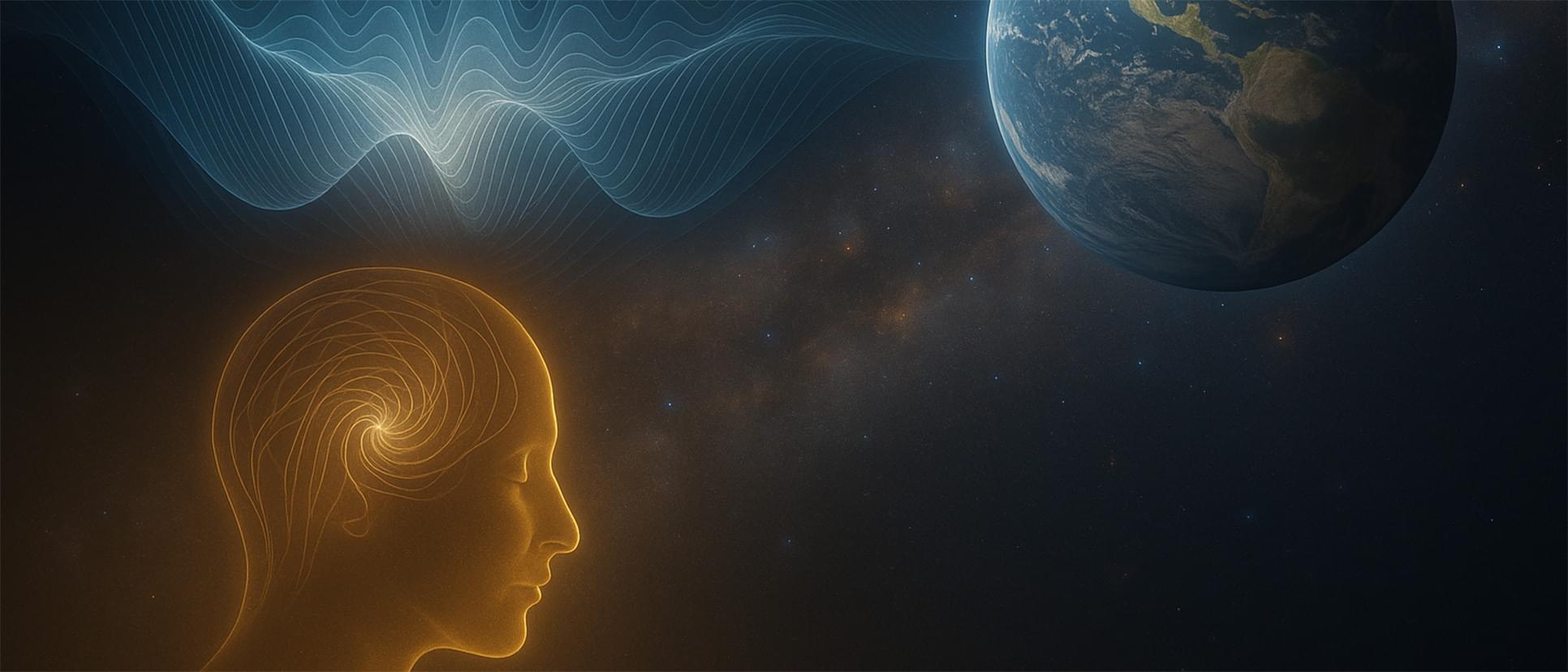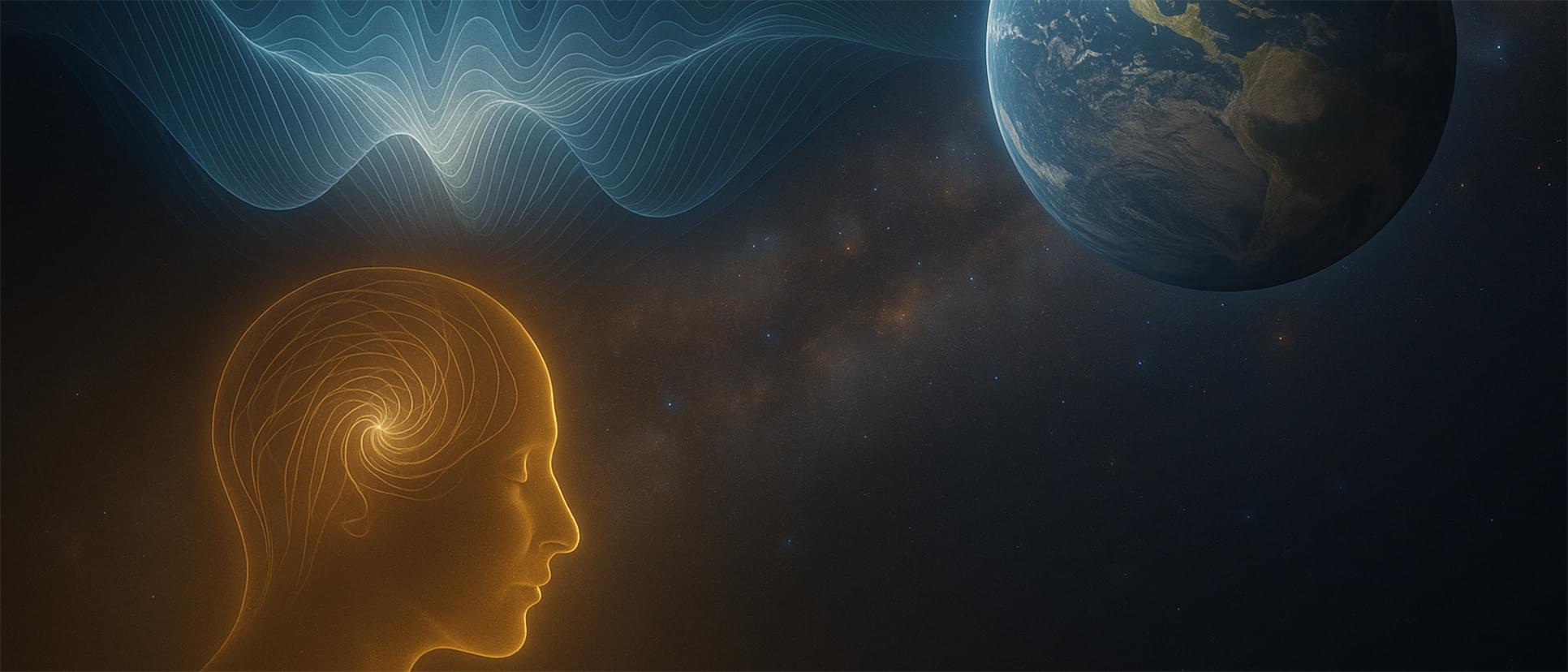The Korean National Police have arrested four individuals suspected of hacking over 120,000 IP cameras across the country and then selling stolen footage to a foreign adult site.
Although the suspects or the websites haven’t been named, the police are already taking action against viewers of the illicitly gained content, as well as the operators of the website, through international collaboration.
“The National Office of Investigation announced that four suspects who hacked over 120,000 IP cameras installed in private homes and commercial facilities and sold the stolen footage on an overseas illegal website have been arrested,” reads an announcement from the National Office of Investigation.









